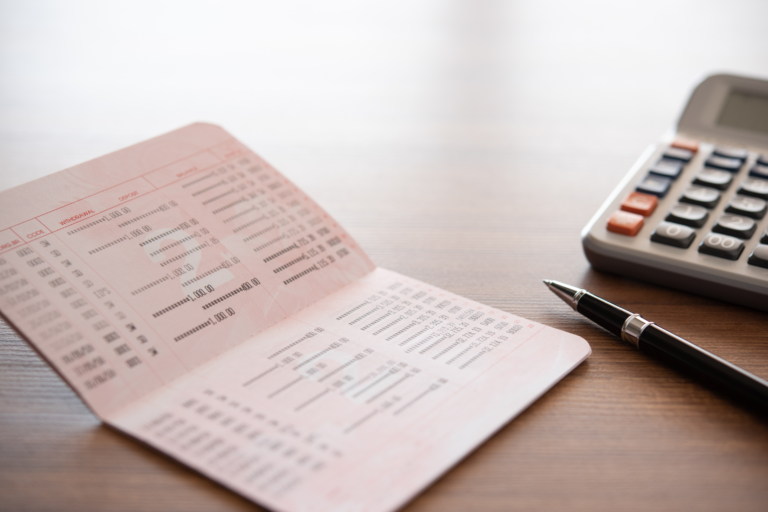Estate planning is a broad concept that encompasses several actions to anticipate and arrange, during a person’s lifetime, for the management and distribution of that individual’s estate in the event of incapacitation or death.
In this article, you will discover the dos and don’ts of estate planning in Florida.
Florida Estate Planning – Taking a Closer Look
The first step to structuring a solid estate plan is to plan ahead. Thinking about one’s death or incapacitation is not a pleasant experience, but it is part of the process to prevent unexpected situations that may jeopardize one’s estate.
While many estate planning documents do not require legal counseling for preparation, the best approach is to work with an experienced Florida attorney. After an individual assessment, an expert attorney will create strategies tailored to your circumstances.
Preparing, Reviewing, and Updating Estate Planning Documents
A well-designed estate plan in Florida involves several documents, such as wills, trusts, powers of attorney (POAs), and other similar legal tools. It is fundamental to sit down with a legal counselor to draft valid, enforceable documents.
Many people think that drafting wills or trusts using forms available online is sufficient to prepare an estate plan. Unless properly drafted and executed, these documents have no validity under Florida law.
Amending or revoking specific parts of an estate planning document also requires a strategic approach.
It is fundamental to understand that estate plans are not static. Life eventually changes, which means one’s estate plan must go through adaptations to suit real-world situations. Ensuring the efficiency of a Florida estate plan requires the creator to:
- Review his or her assets frequently
- Review whether the strategy is sufficient to cover all these assets
- Update one’s estate in the event of divorce, lawsuit, changes in legislation, and other similar situations
- Pay attention to assets not covered by wills
- Structure different mechanisms to maintain control of probate and non-probate assets
Preparing for the Unexpected
Different legal tools permit you to prepare for a situation of incapacitation. A durable power of attorney (DPOA) permits you to designate an agent to handle your financial affairs on your behalf if you become incapacitated.
A living will permit you to determine your preferences of medical treatments and end-of-life medical care if you become unable to communicate or decide by yourself. A health care surrogate permits you to name a “surrogate” to handle your medical decisions if you are no longer able to handle them.
Revocable living trusts also offer great flexibility in the event of incapacitation. The trust creator (trustor) transfers the assets to a trustee (fiduciary) for the benefit of one or multiple beneficiaries.
Purchasing life insurance may also provide a strategic source of funds to pay for long-term medical and end-of-life care. Insurance premiums are generally less expensive for younger individuals, giving them an estate planning advantage.
If the trustor becomes incapacitated, the trustee immediately assumes control of the asset held in the living trust without court intervention. While the trustor is still alive, the trustee must administer the trust’s assets in the best interest of the trustor and the beneficiaries.
Once the trustor dies, the trustee must distribute the assets held in the trust to the beneficiaries according to the instructions outlined in the trust instrument.
Protect Your Legacy and Your Loved Ones with Superior Estate Planning Strategies – Contact Your Florida Probate Lawyer Today
Get in touch with Attorneys Romy B. Jurado and Diana C. Collazos by calling (305) 921-0976 or emailing [email protected] to schedule a consultation.






